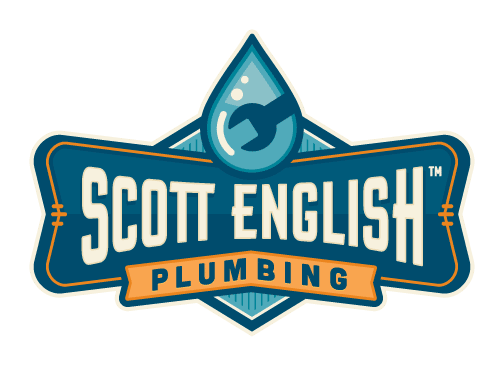Water Heater FAQs
If you are in the market for a new water heater, you probably have a lot of questions about the options that are available and which type of water heater is best for you. Use this guide to help you find the answers to some of the most frequently asked questions about water heaters.
Q. I need a new water heater. What are some of the major factors that I should consider before making a purchase?
A. First, consider the fuel source. Your water heater can be either gas or electric. Most people prefer to buy a new water heater that has the same fuel source as their current water heater so that they don’t have to worry about establishing access to a gas line or electrical outlet. Another factor to consider is the storage capacity of the water heater. The options range anywhere from 30 gallons to 80 gallons. This refers to the amount of hot water that the water heater can hold at one time. If you have a large family or a big, deep spa tub that holds a lot of water, then you may want to get a larger capacity water heater. You could also go with a tankless water heater, which has no storage tank and heats water on demand.
Q. How do I know that I need a new water heater?
A. There are several symptoms that can clue you in to the fact that it’s time for a new water heater. You may notice that you aren’t getting a steady, reliable supply of hot water. The hot water may run out quickly, or the temperature may fluctuate. The water quality could be poor; look for signs of rust or sediment in the water. Leaking water around the water heater tank is another sign that it’s time to replace your water heater.
Q. How do tankless water heaters work differently than regular water heaters?
A. A traditional water heater has a tank that holds a fixed number of gallons of hot water (usually between 30 and 80). The tank keeps this water at the temperature you have set on the tank, which is around 120 degrees. As you use hot water to shower, wash dishes, or do laundry, the hot water empties from the tank. As this happens, the tank refills with cold water, but eventually you will reach the point where there is no hot water left. Then you have to wait for the cold water in the tank to heat up so that you have hot water again. A tankless water heater doesn’t have a storage tank. It heats water on demand as you need it, so there is a constant and endless supply of hot water. Since it doesn’t have to keep a tank of water hot and ready for use all the time, it uses much less energy than a traditional water heater. It also takes up less space. However, it does cost more at the time of initial purchase.
Q. What can I do to make my water heater last longer?
A. A water heater is a big investment. With a little routine care and maintenance, you can extend the life of this appliance. Flush your water heater at least once a year to remove any sediment and debris, which contribute to rust. This will help to keep it operating at its best for many years.
If you are having water heater trouble, call Scott English Plumbing. We can fix your old water heater or install a new one for you. Contact Scott English Plumbing to schedule a service call today.
